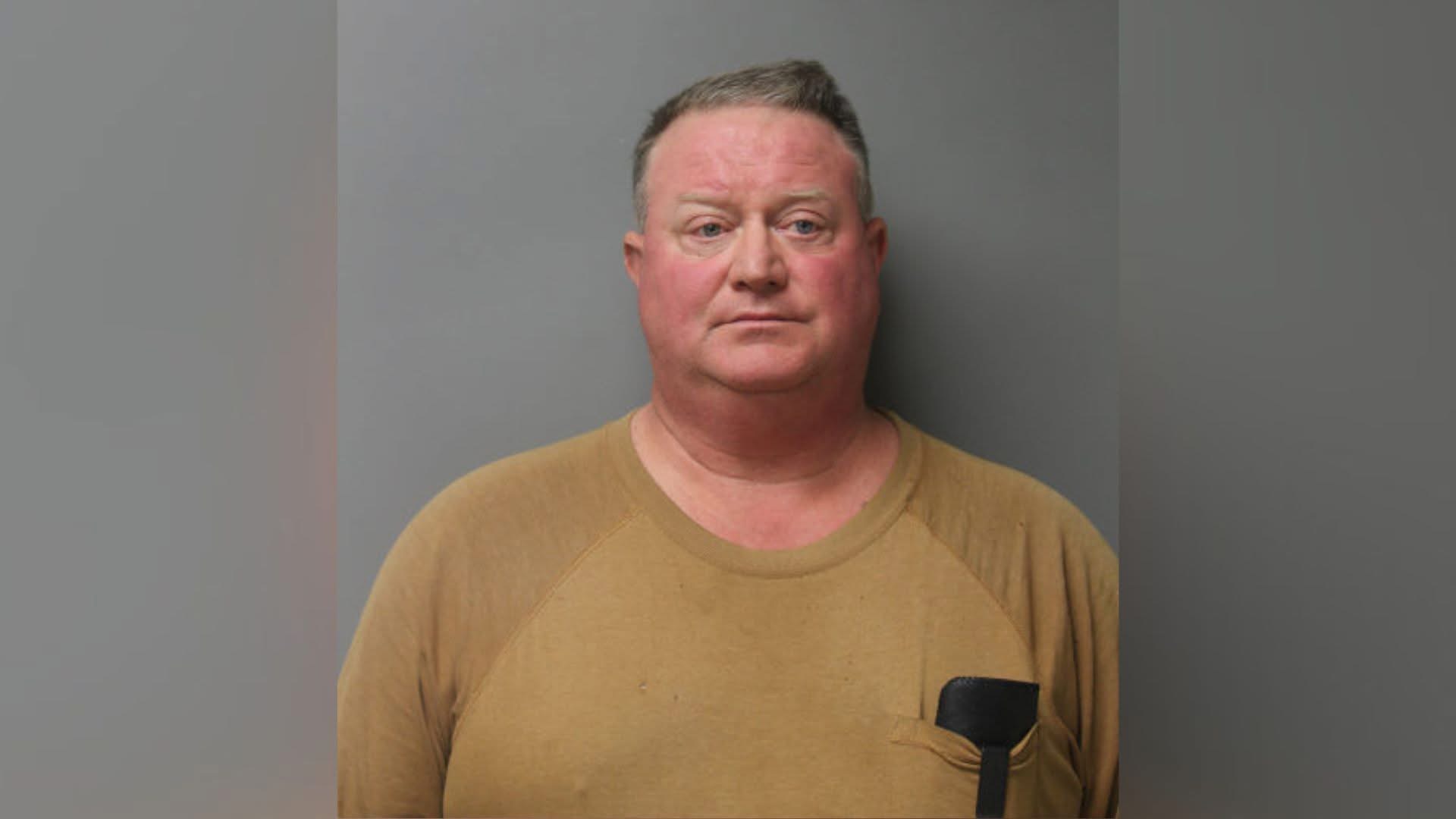A West Virginia Pastor Accused of “Sexually Motivated” Battery During Marital Counseling Session
A West Virginia community is reeling after shocking allegations surfaced against a local pastor, who is now accused of committing a “sexually motivated” battery against a member of his own congregation during what was supposed to be a trusted, confidential marital counseling session.
According to investigators, the woman had sought guidance from the pastor—someone she had long viewed as a spiritual leader and a source of support—as she struggled through challenges within her marriage. Like many who turn to faith-based counseling, she expected compassion, wisdom, and spiritual guidance. Instead, authorities say she found herself in an uncomfortable and traumatic situation that violated not only her trust, but also the ethical expectations of pastoral care.
Police reports reveal that during the private counseling meeting, the pastor allegedly initiated inappropriate physical contact that the victim did not consent to, actions described by law enforcement as “sexually motivated.” The victim later told investigators that she felt shocked, trapped, and unsure how to respond in the moment due to the pastor’s position of authority within the church. That misuse of power is now central to the accusations brought against him.
The church community has been thrown into turmoil, with many congregants expressing disbelief, anger, and heartbreak. Pastors are often entrusted with some of the most vulnerable moments in a person’s life—marital struggles, grief, personal pain—and the idea that such trust may have been exploited has left deep emotional wounds among members who once looked to him for leadership.
Local law enforcement moved forward with charges after gathering statements and reviewing the evidence. The pastor, whose name is being withheld pending formal court proceedings in some reports, is expected to face the allegations in court, where the full details of the case will be scrutinized. Authorities emphasize that the investigation is ongoing and additional victims could potentially come forward.
Advocates for survivors of clergy abuse have noted that cases like this are particularly complex because they involve overlaps of spiritual authority, personal vulnerability, and the power imbalance inherent in pastoral roles. Many victims struggle to report such incidents due to fear of backlash, disbelief from their religious community, or concerns about being blamed.
As the case moves forward, the church’s leadership is urging its congregation to cooperate fully with the investigation and seek support if needed. Counseling resources have been offered to those shaken by the news, and church elders have expressed their commitment to ensuring the congregation’s safety while the legal process takes its course.
This incident has prompted renewed conversations across the region about accountability within religious institutions, the importance of clear counseling boundaries, and the responsibility of leaders to uphold the highest moral and ethical standards—especially when vulnerable individuals seek them out for help.
The victim, whose courage in coming forward has been acknowledged by investigators, is now receiving support as she navigates the aftermath of an ordeal that no one seeking guidance should ever have to face.
As the pastor prepares to answer the charges in court, the community at large continues to grapple with the emotional fallout, hoping that justice, clarity, and healing will follow in the difficult days ahead

Leave a Reply